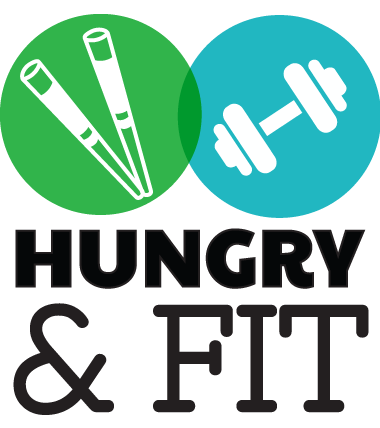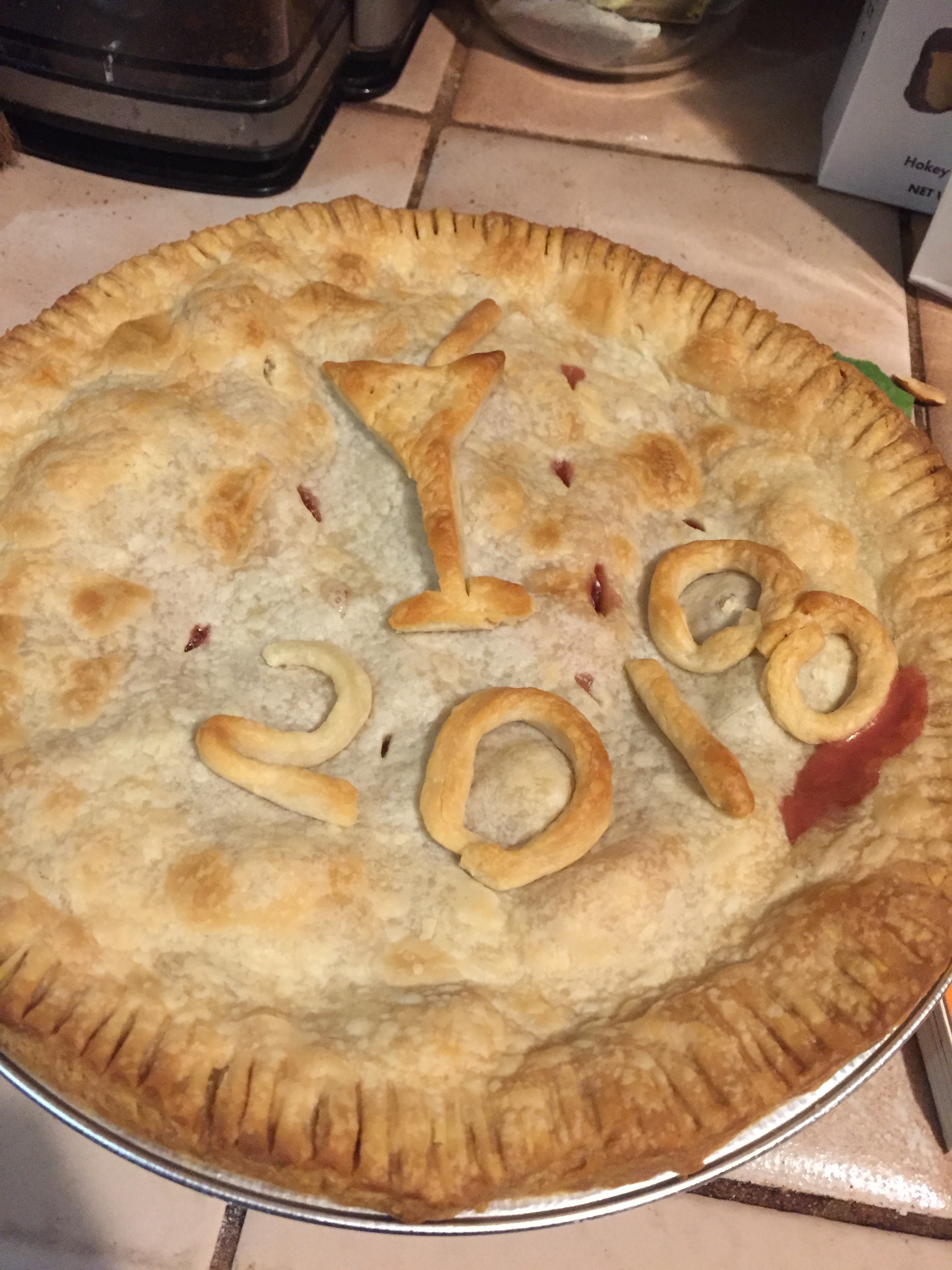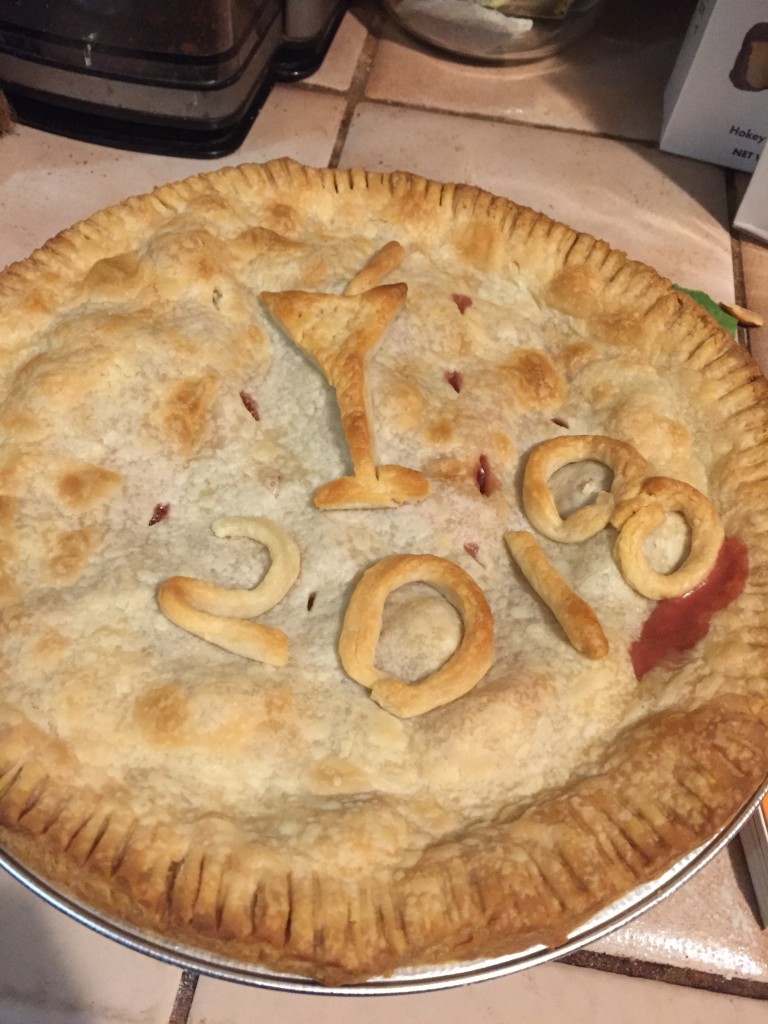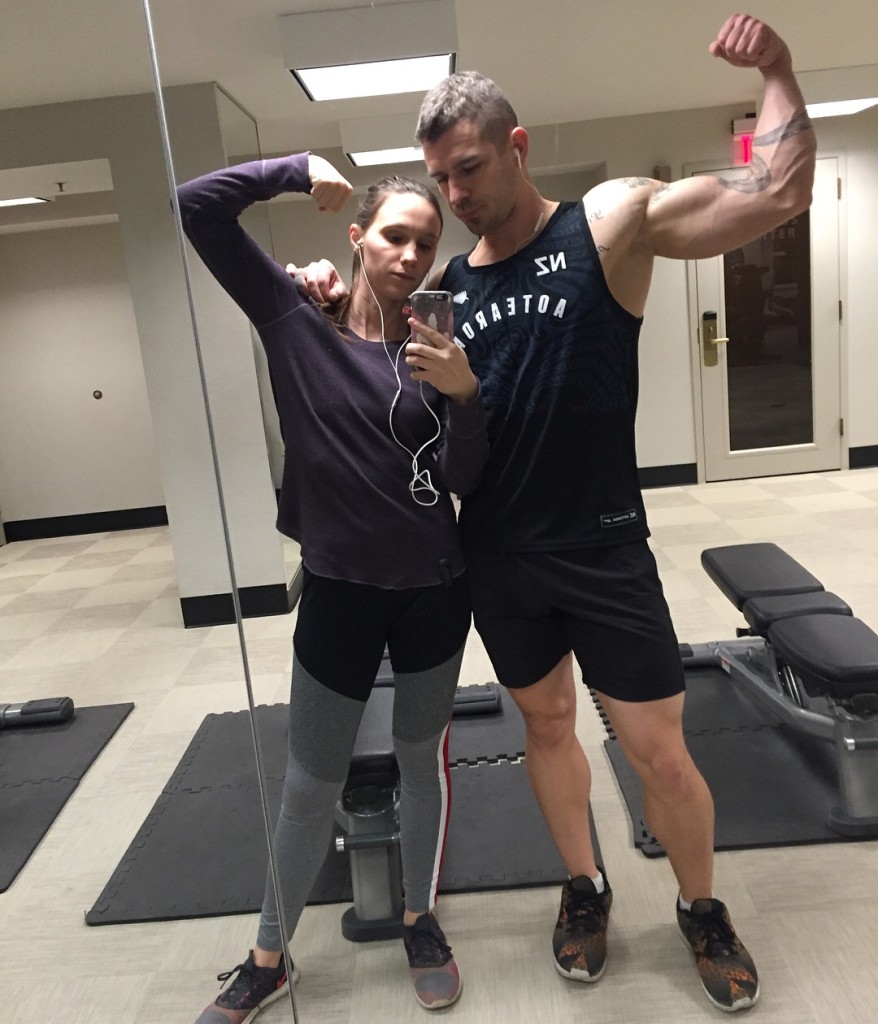The perfect diet: a holy grail we have all been seeking for years. Well, turns out–SPOILER: there isn’t one! The purpose of this post is to encourage you not to listen to zealots, but to science. And even more than that, decide on your goal and then decide how you’re going to tackle your nutrition. We want to see you succeed.
Before anyone jumps into any fad diets or trends, just be aware, from an objective source (us @ H&F) that there is a lot more to it than taking a zealot’s word. If you know me (Hungry), you know that in my 10+ years as a health & wellness professional, I have never endorsed a diet. At the same time, I recognize the importance of nutrition as a crucial factor to be considered in order to attain your goals, whether that includes losing fat, increasing performance, building muscle, and so forth.
I’m not saying that this list is the gold standard for diets, as I don’t think there is a gold standard, since something different works for everyone, but science exists for a reason, and I don’t think it is God’s will to give you a six-pack.
The individuals that created this list know much, MUCH more than me, and they all “worked together” to create this list. It wasn’t two sports nutritionists that worked together to find a competitive edge in an overly-saturated industry, it was people from all over the health & science industry trying to give the best scientific answer for people to be healthy.
I’m not saying that the ketogenic, paleo, or some other (very) restrictive diet hasn’t worked for someone you know; there is a good chance that it has, or that they think it has. I’m saying that you need to really take your time and do your homework before jumping into one of these in your “new year, new you” effort.
Some of the zealots for these diets, have (in my opinion) gone a bit out of line, similar to those who try to push their religious beliefs on others. Attention zealots: If any of those diets work for YOU, I’m incredibly happy that YOU found something that works for YOU. However, you might not know the science behind it, you haven’t necessarily worked with thousands of clients, and you may not understand that the odds are (for many of these diets) that it won’t be the best option for that person.
I’m not a registered dietician, and as a health & wellness professional, I need to be careful what I say because I want to avoid lawsuits. With that being said, the guidelines that I follow for myself include recognizing my goal, figuring out how many grams of proteins/fats/carbs I should consume in order to reach those goals (considering calories burned in my training) and trying to consume those calories in a mindful effort. (This is where the slope gets a little more slippery, so I’ll approach this at a later time. i,e. good and bad calories, etc.)
That concept is mostly a combination of calories in/out and macronutrient percentages. Consider the fact that MANY Olympic swimmers aim for 50-60% of their calories from carbs. Many (serious) performance athletes try to eat at least their body weight in grams of protein. Some aim for 1.5-2g per pound of body weight. It depends on your sport, goals, and a lot of other factors. Fats are also essential. All three macronutrients (carbs, fats, proteins) are. Micronutrients, such as vitamins and minerals are as well, even though they don’t carry any significant (if any) caloric burden.
To sum it up (tldr): there is no gold standard. You are unique and you need to take a specific approach to reach your goals. There is no perfect diet for everyone, no blanket winner winner chicken dinner. You need to discover what works for you and stick with that. And, maybe, just maybe, don’t get all crazy preachy about it, because it might not work for your friend. The fact that zealots, who might want to consider filtering their messages to the world, continue to ask me for help with their training, shows that even they aren’t truly convinced that the diet they have been following is actually the best course for them.











